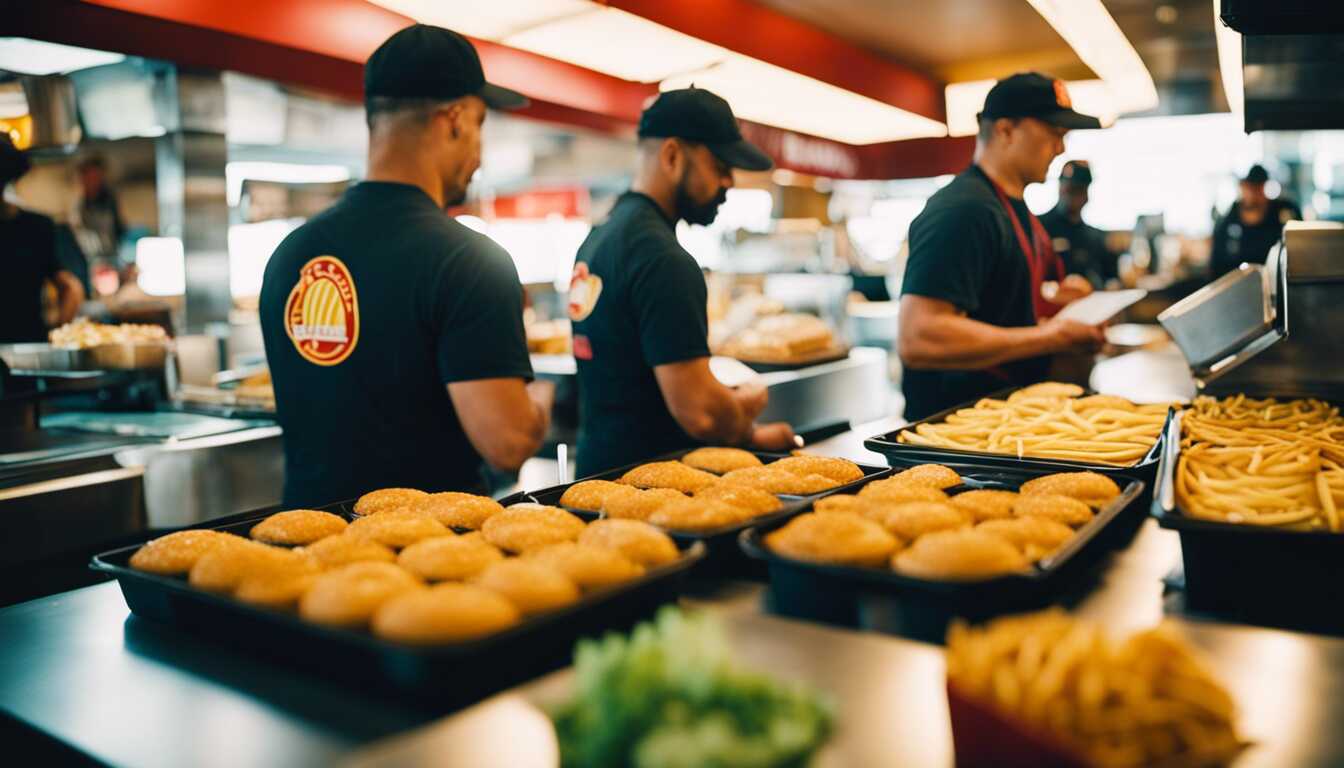
California fast food workers union affiliates with SEIU, pioneering new path for the industry

In a historic move, hundreds of fast-food workers in California are set to join the newly formed California Fast Food Workers Union, marking a significant milestone for the industry. This groundbreaking union will be affiliated with the powerful Service Employees International Union (SEIU), the driving force behind the successful Fight for $15 campaign, which aimed to raise the minimum wage.
Union goals and priorities
The union aims to build on years of national organizing efforts that have led to improved pay and working conditions in the low-wage industry. Joseph Bryant, the executive vice president of SEIU, expressed hopes that the union could serve as a model for workers nationwide, advocating for better wages and standards. Unlike traditional unions, the fast-food worker’s union is launching as a "minority union," representing a small share of the industry's workers with the goal of expanding its ranks, though it may face challenges in doing so. Workers joining the union will contribute $20 in monthly membership dues in exchange for union resources and support. The new union represents employees from major fast-food chains such as McDonald’s, Pizza Hut, Jack in the Box, Carl’s Jr., and Subway. The California Fast Food Workers Union aims to address several priorities, including a 3.5 percent minimum wage increase over the next three years, protection from unjust termination, and ensuring that workers are scheduled enough hours to sustain themselves financially. Additionally, the union will advocate for workers facing retaliation for organizing, a common issue in the industry.
Challenges and opposition
Despite the aspirations of the new union, it will face significant challenges, as unions are extremely rare in the fast-food industry. SEIU’s approach to organizing differs from traditional methods, aiming to organize workers broadly across the sector without the federal certification that typically follows a union election. Last September, a new California law established a state fast-food council, allowing labor and business to negotiate minimum pay and workplace regulations for the first time at major chains like McDonald’s, Burger King, and Taco Bell. As part of this legislation, SEIU and fast-food companies agreed to raise the state’s minimum wage for approximately 500,000 fast-food workers to $20 an hour by April. The International Franchise Association, a powerful trade group that opposed the bill, expressed concerns about the substantial impact of the minimum wage increase on operating costs for restaurants. Jeff Hanscom, the vice president of state and local government relations for the International Franchise Association, highlighted potential consequences such as increased food prices, customer impact, and the challenges restaurant owners may face in managing additional costs while sustaining their businesses.
Share news















